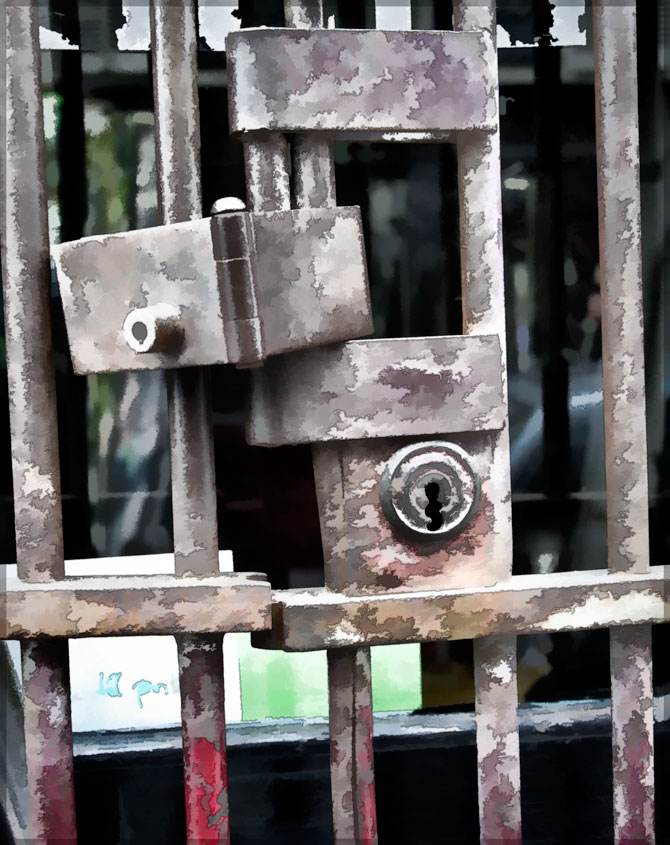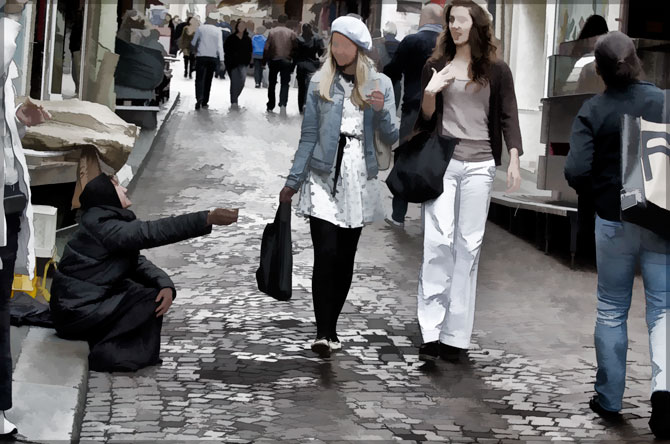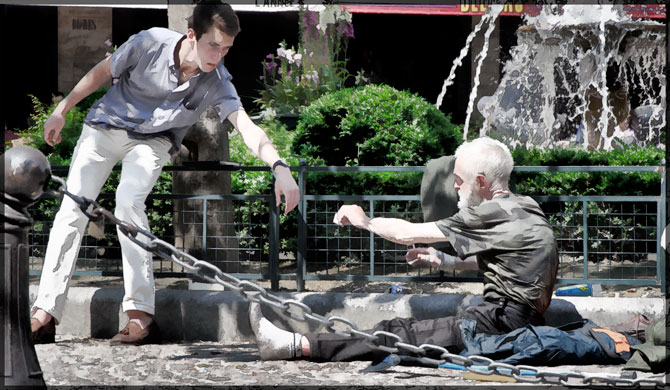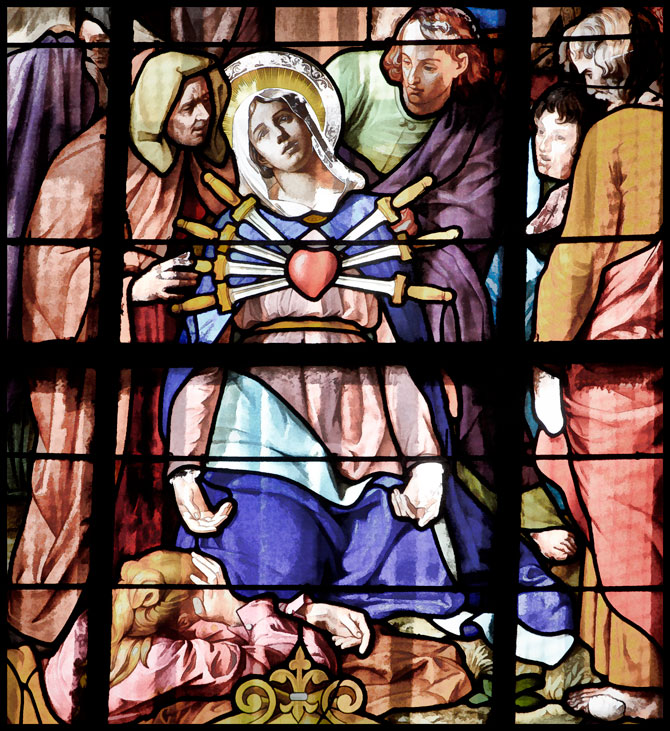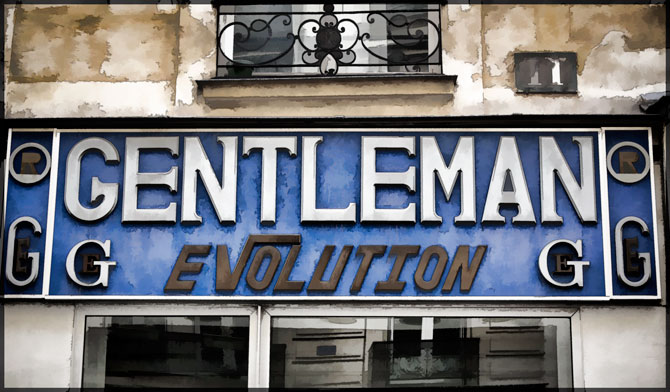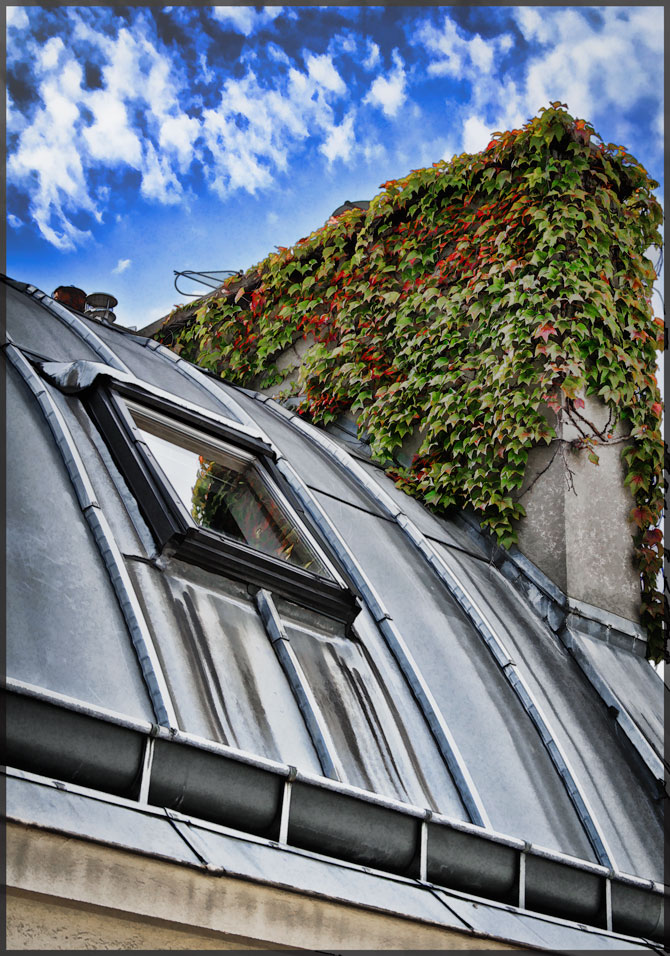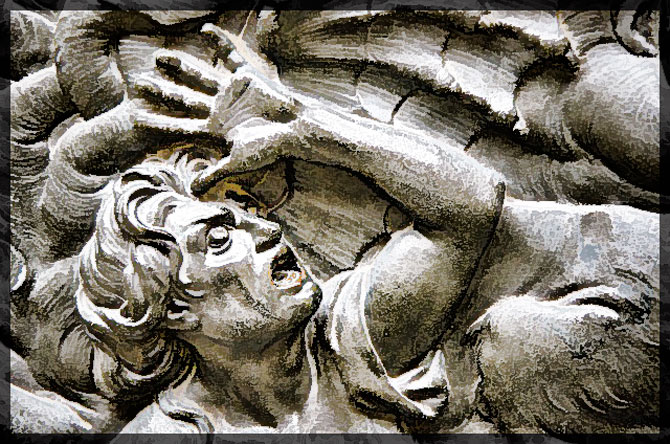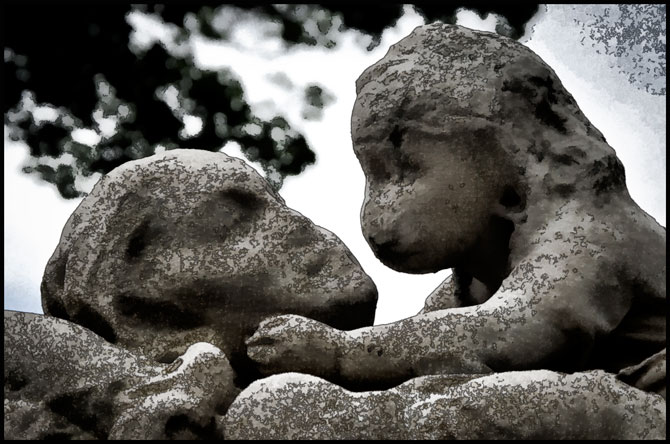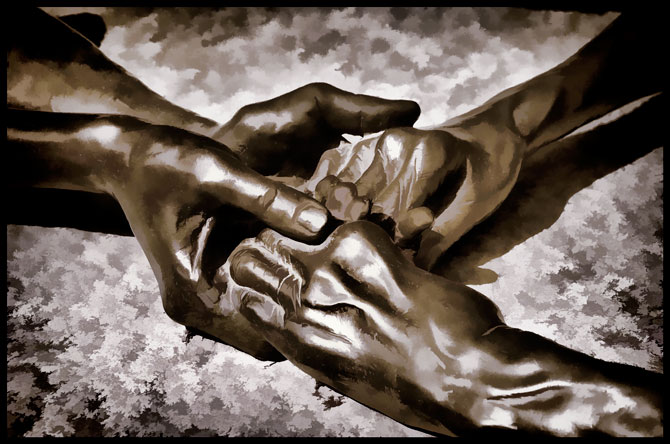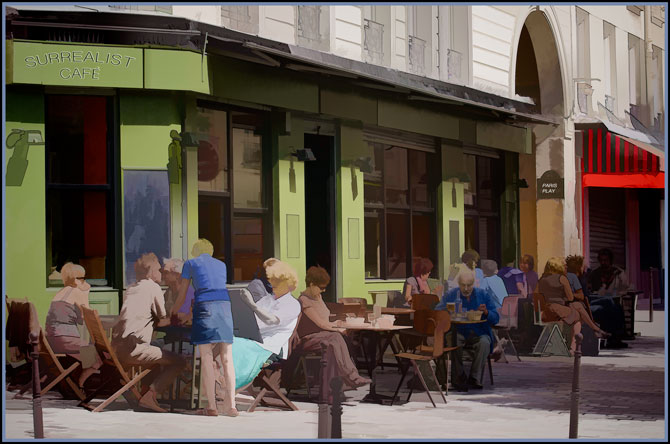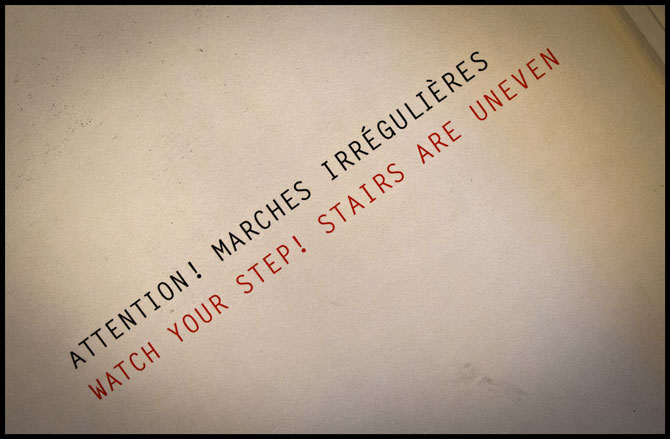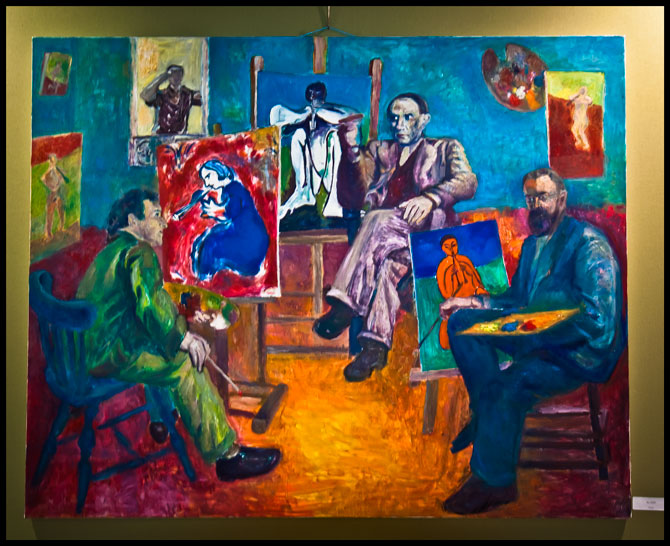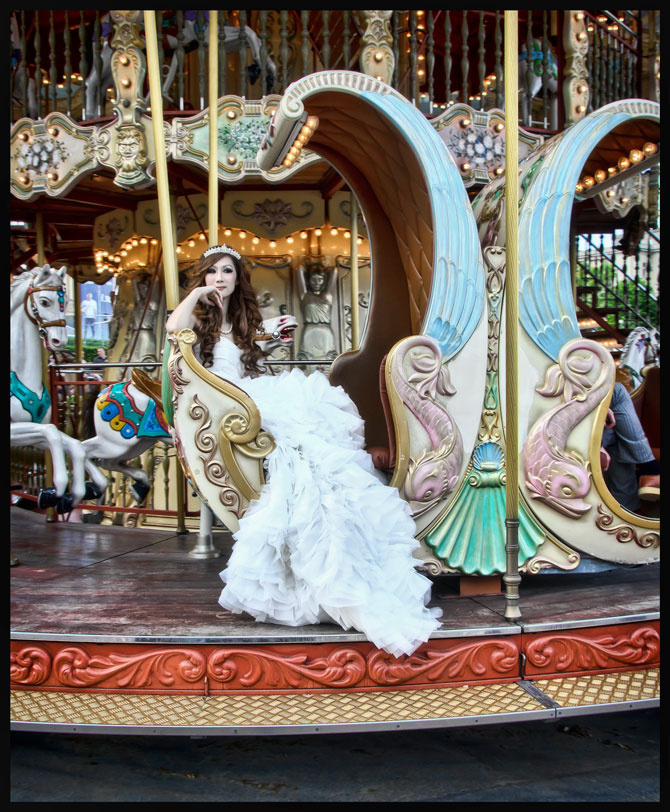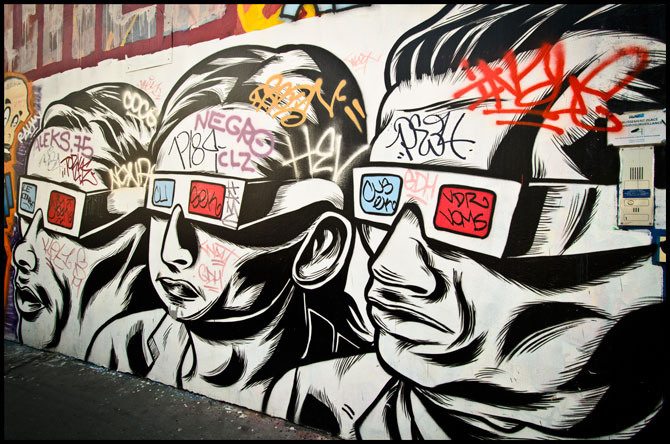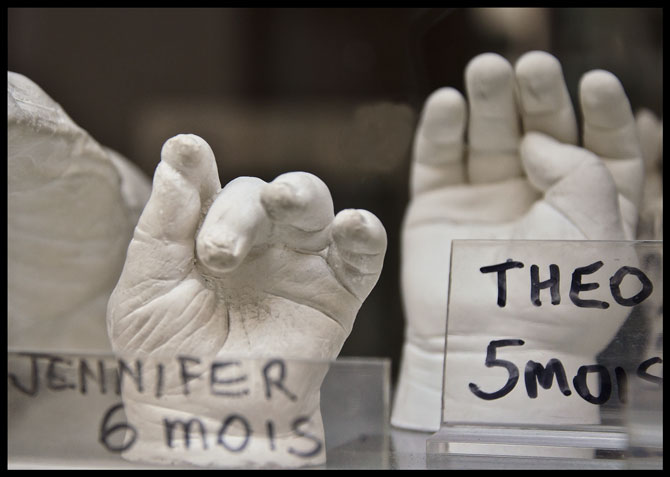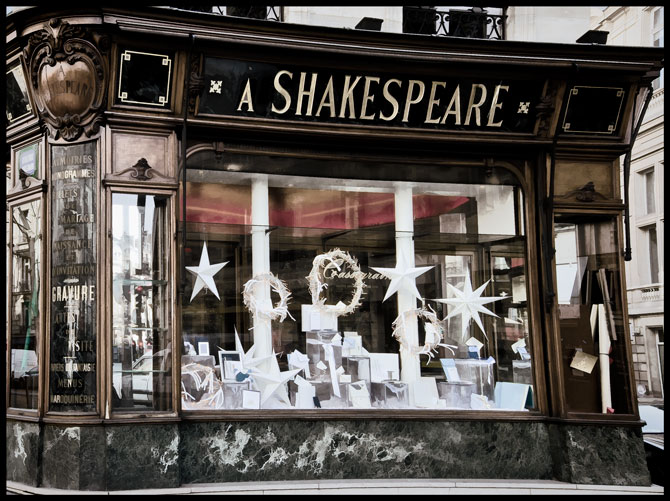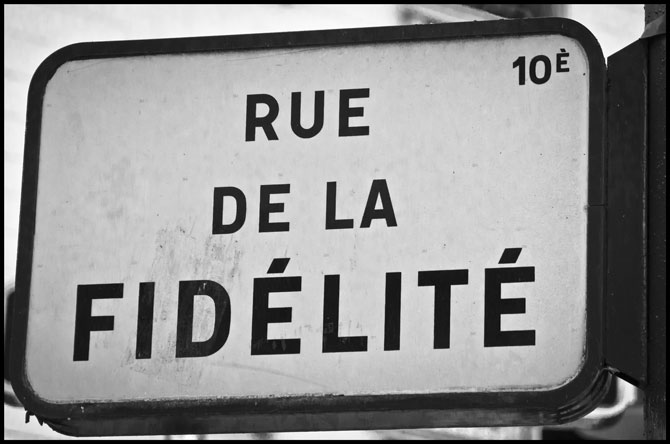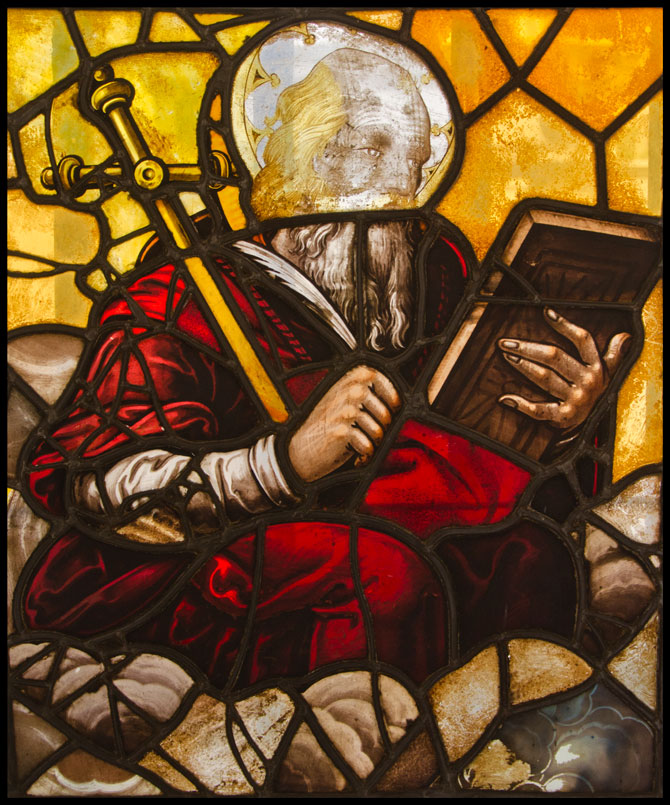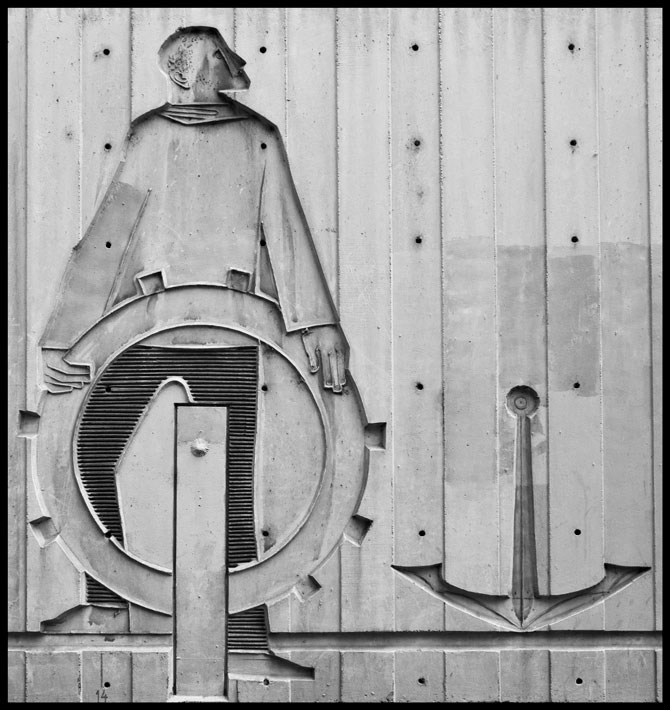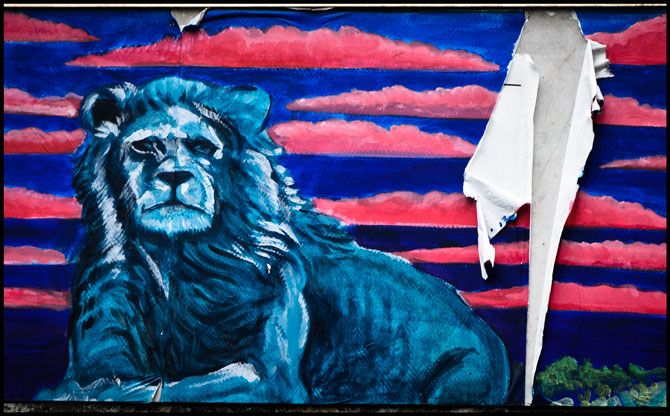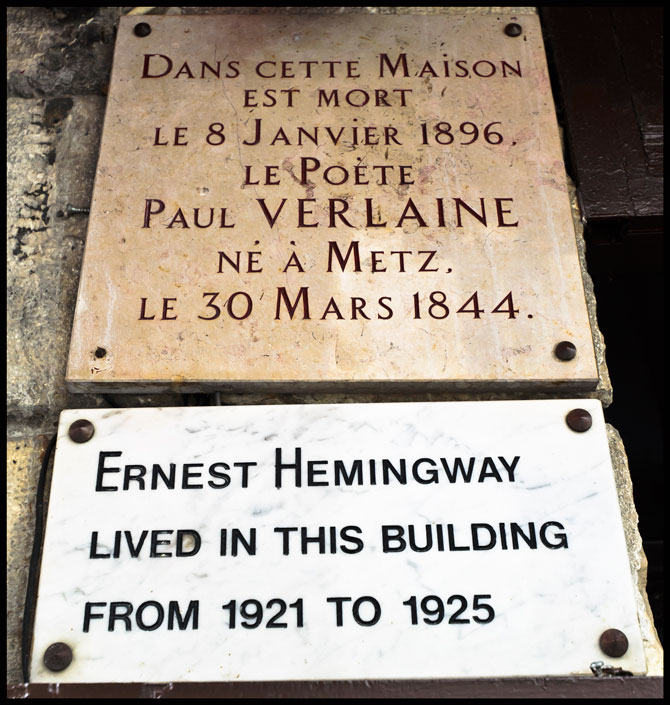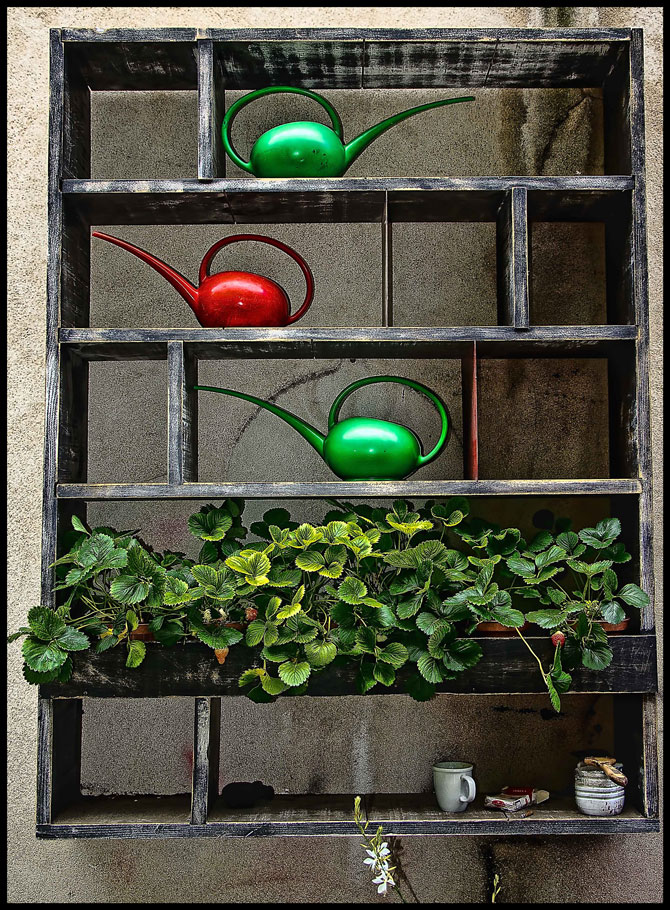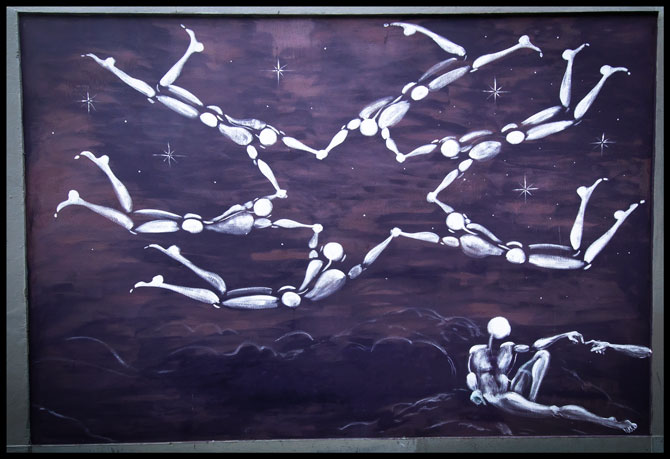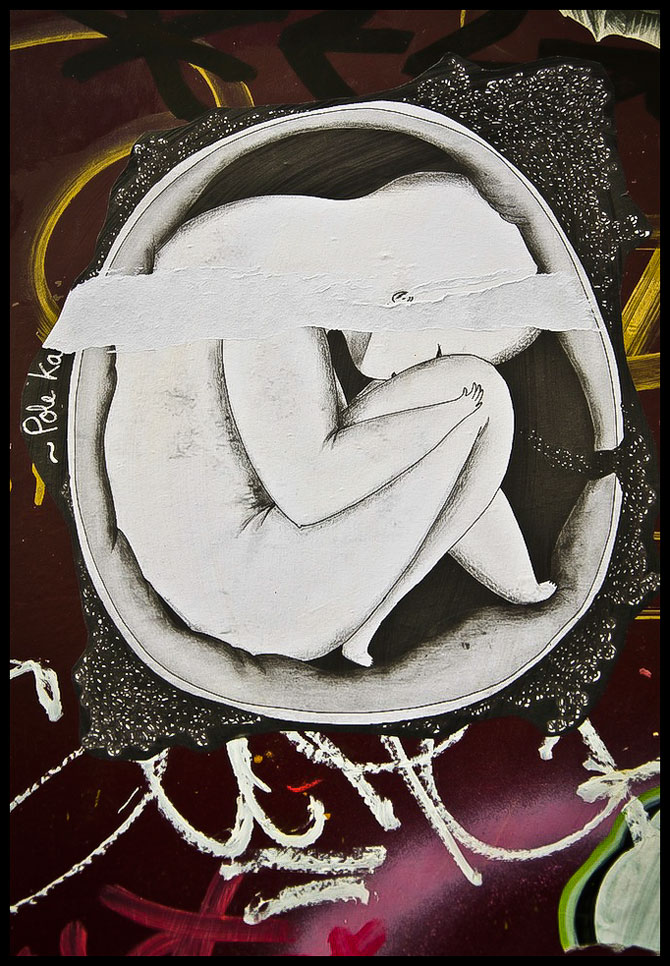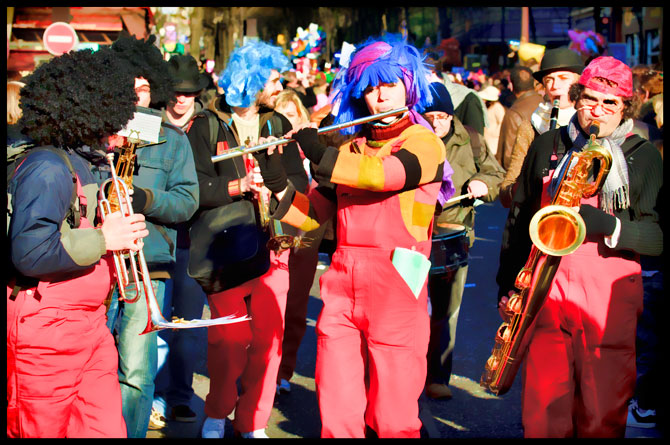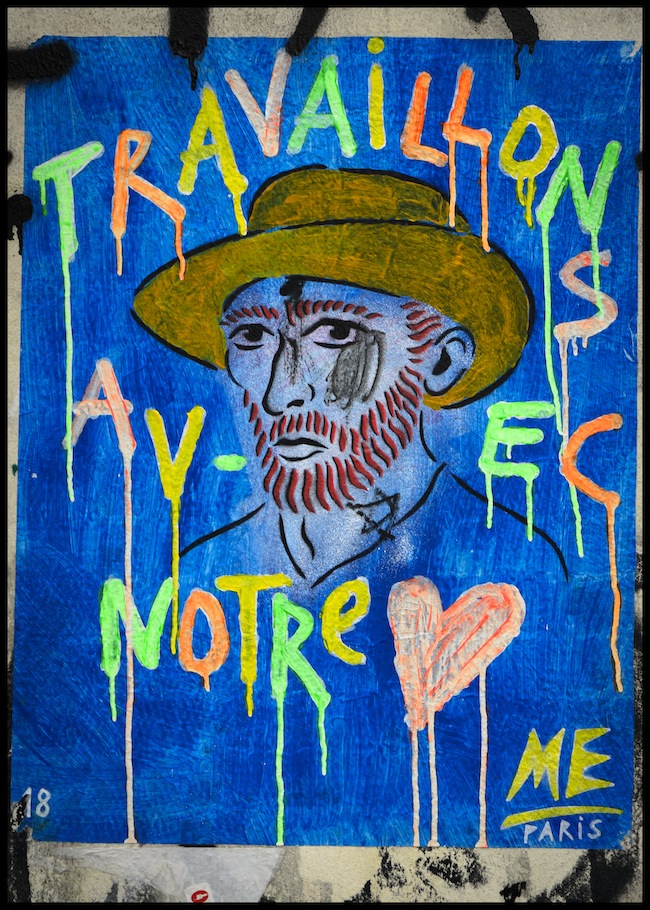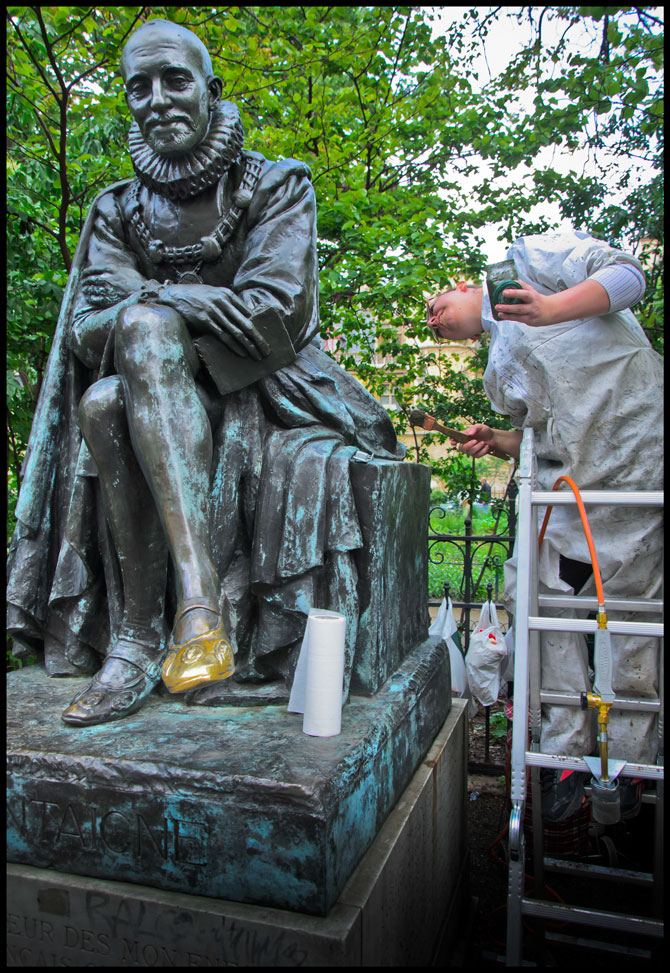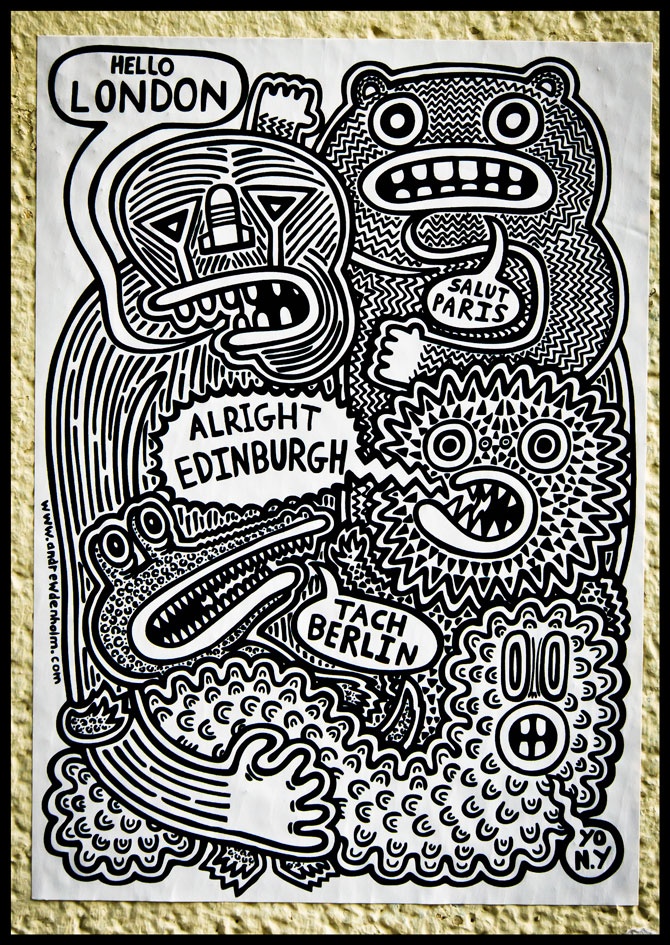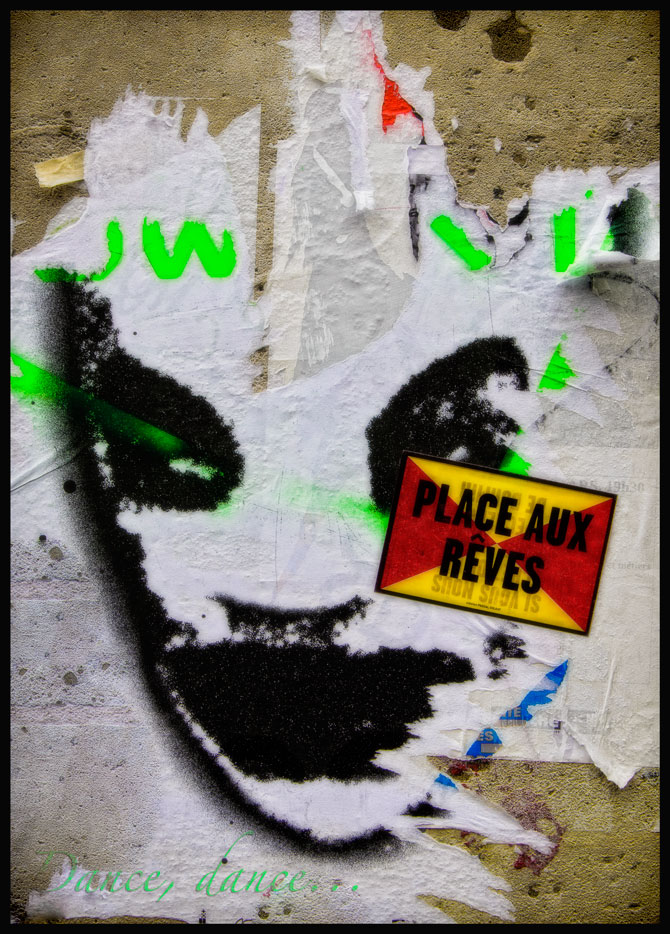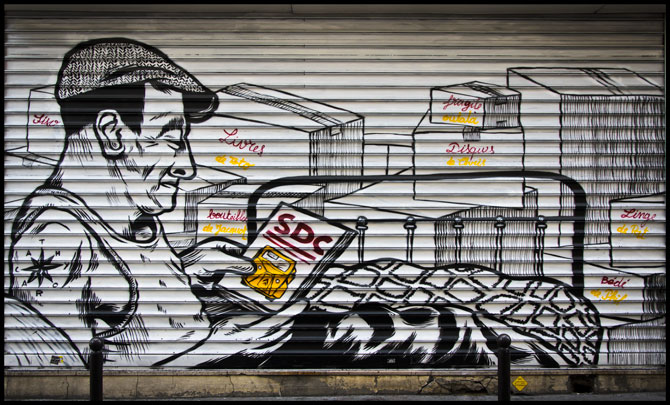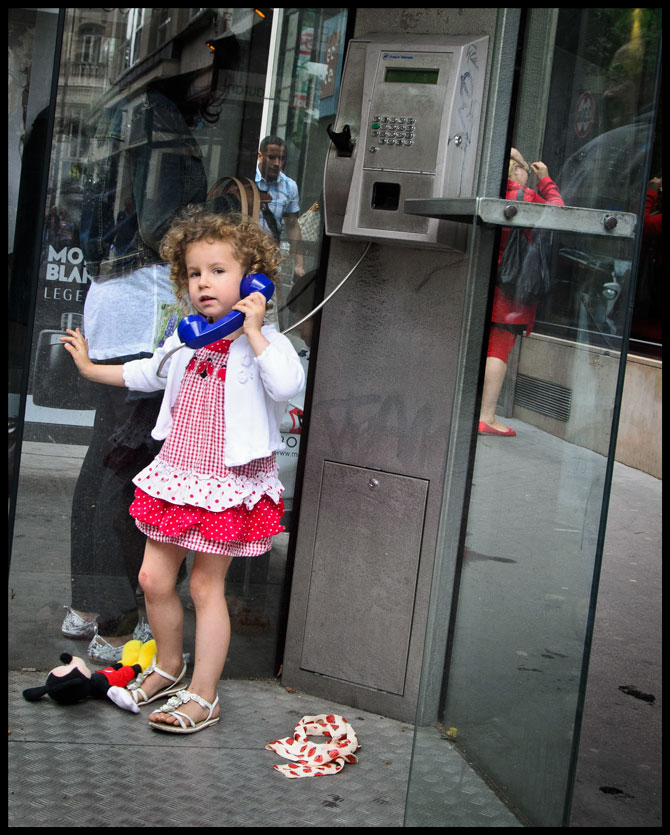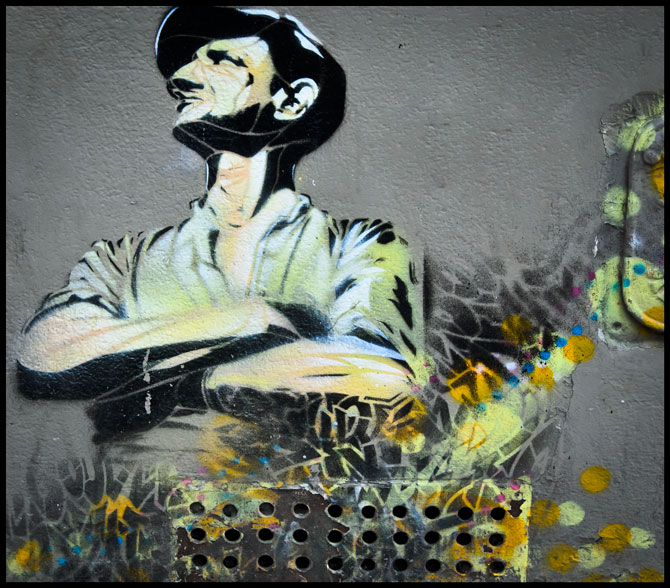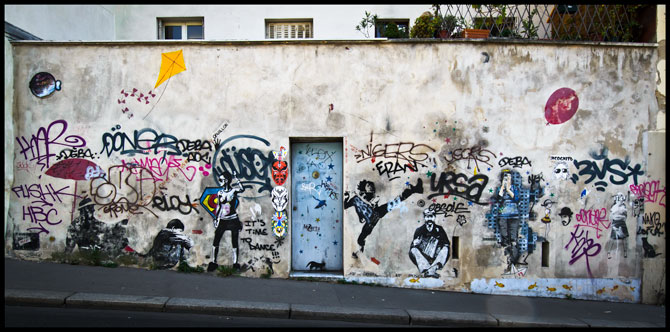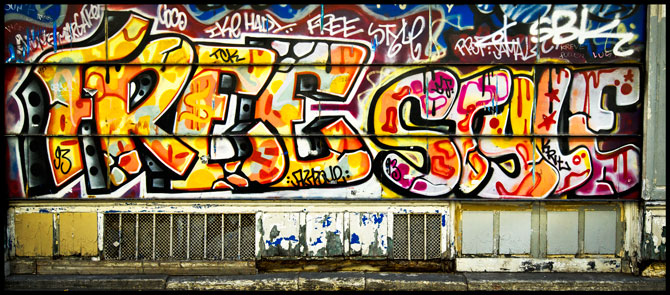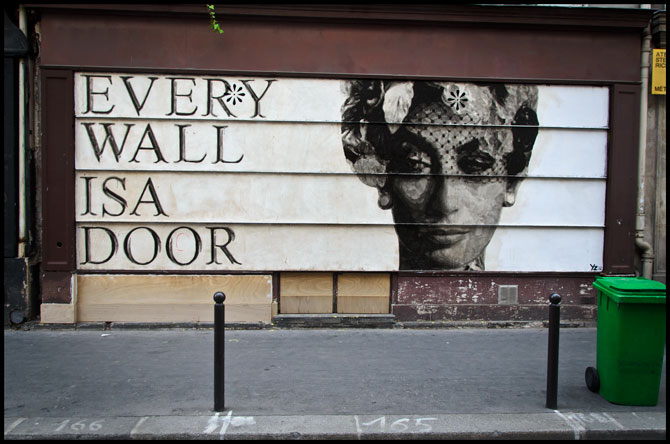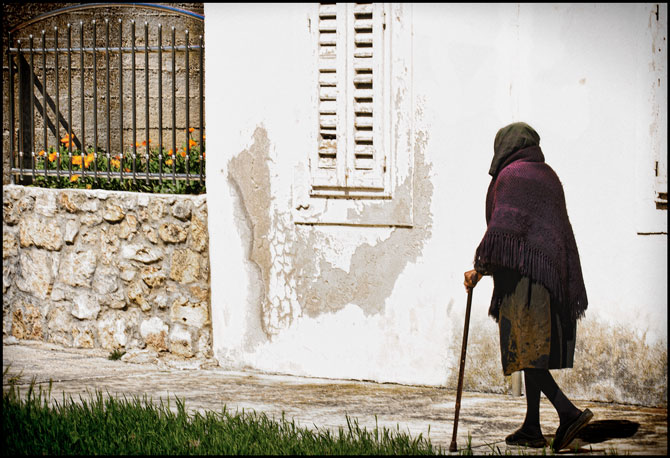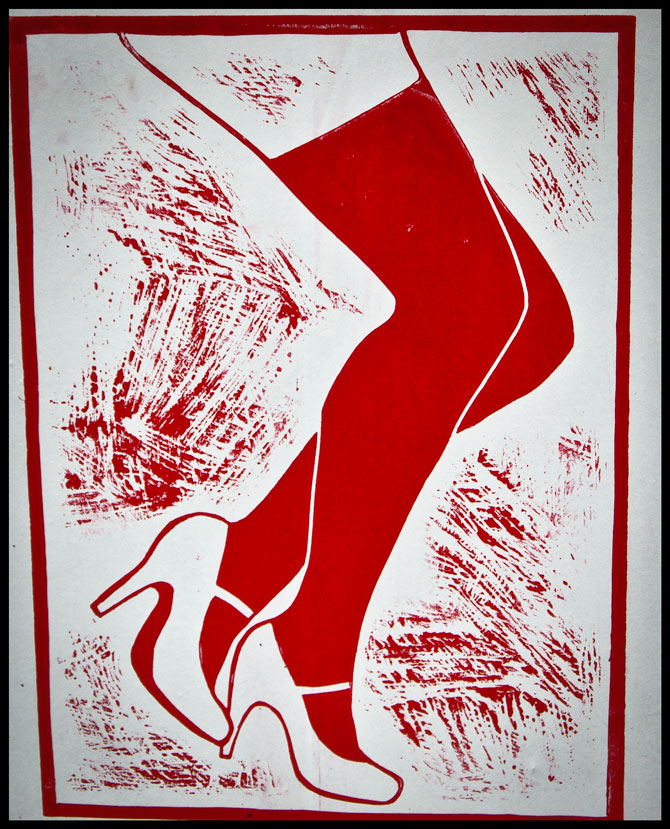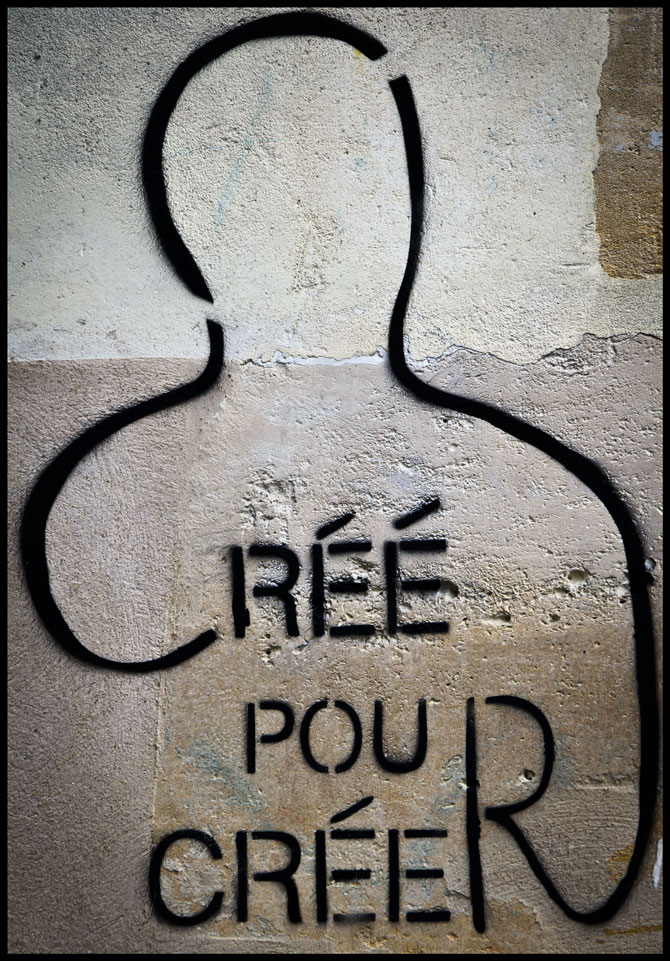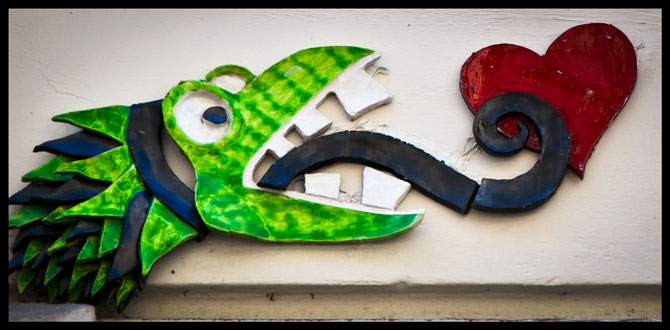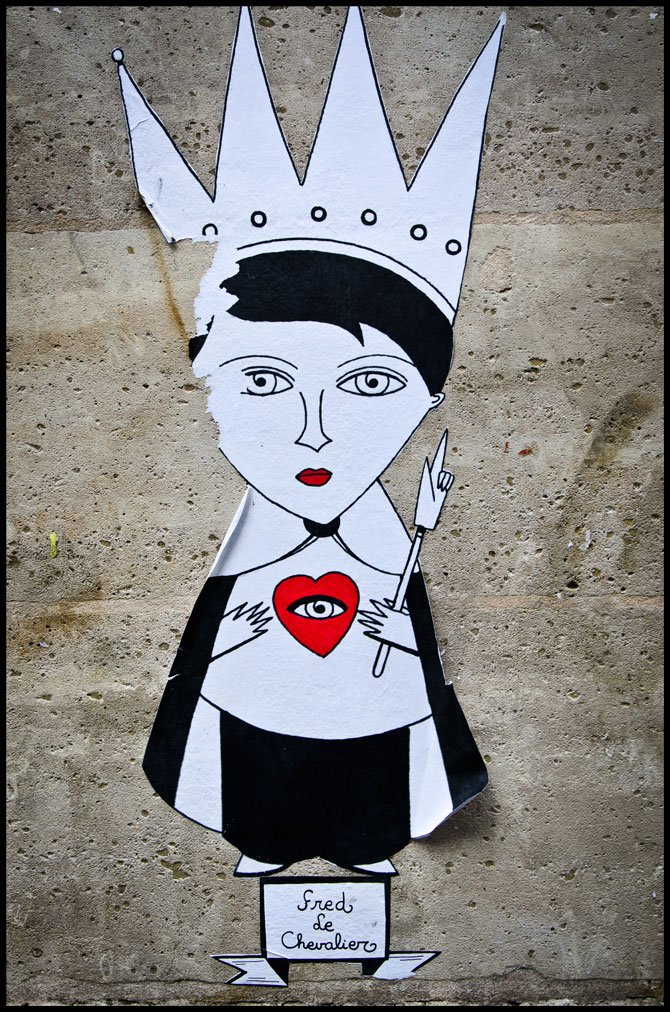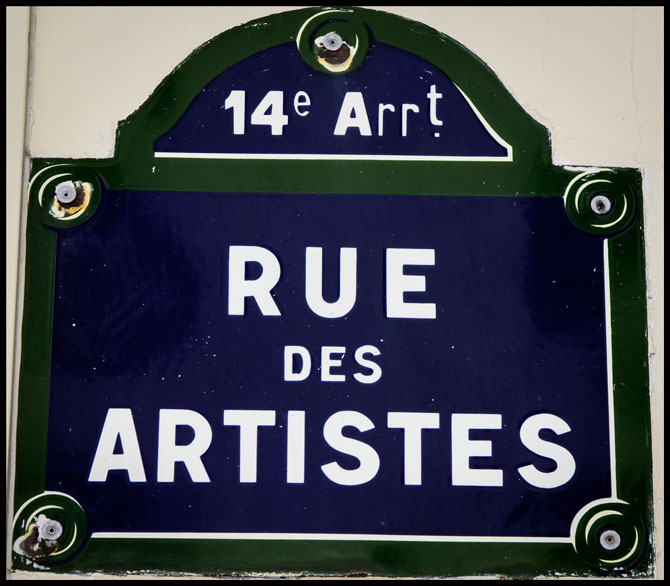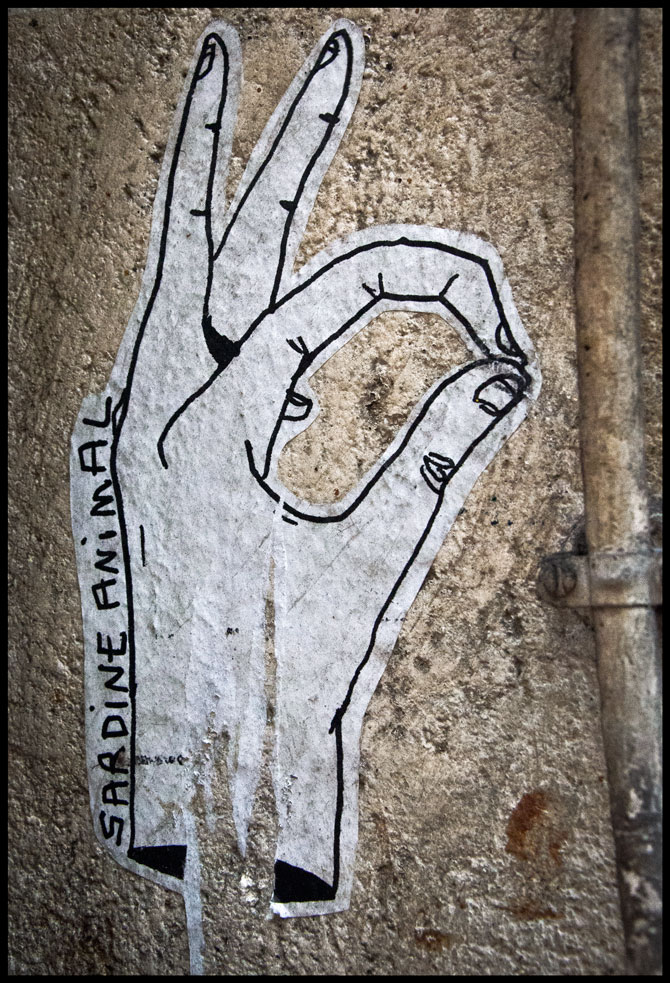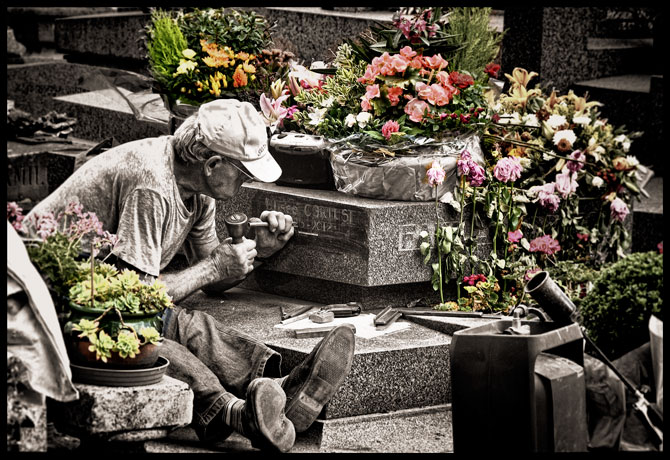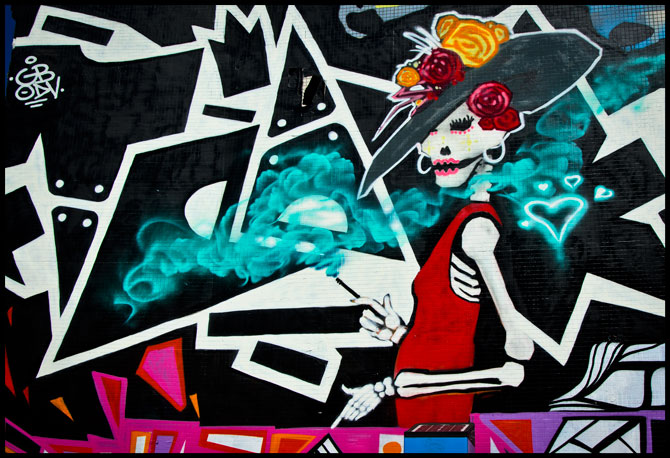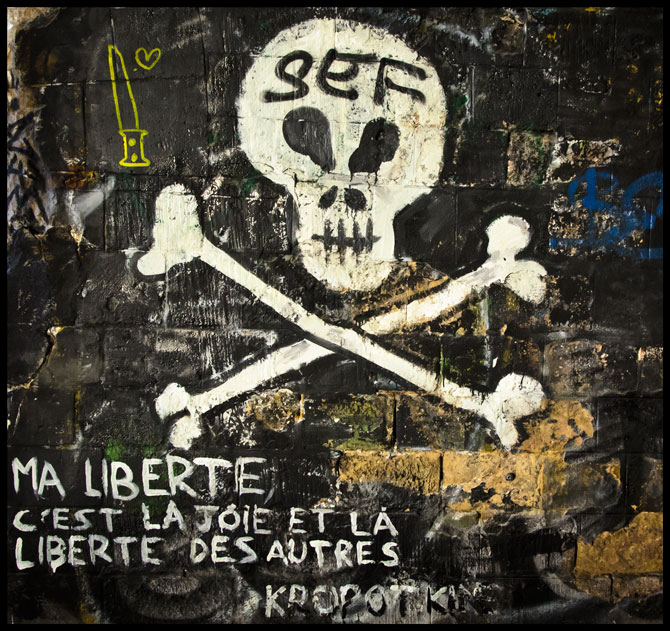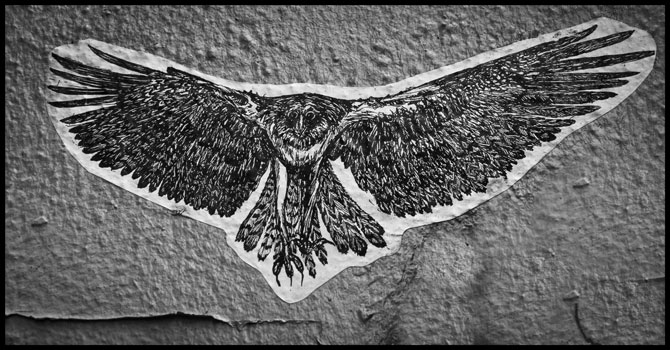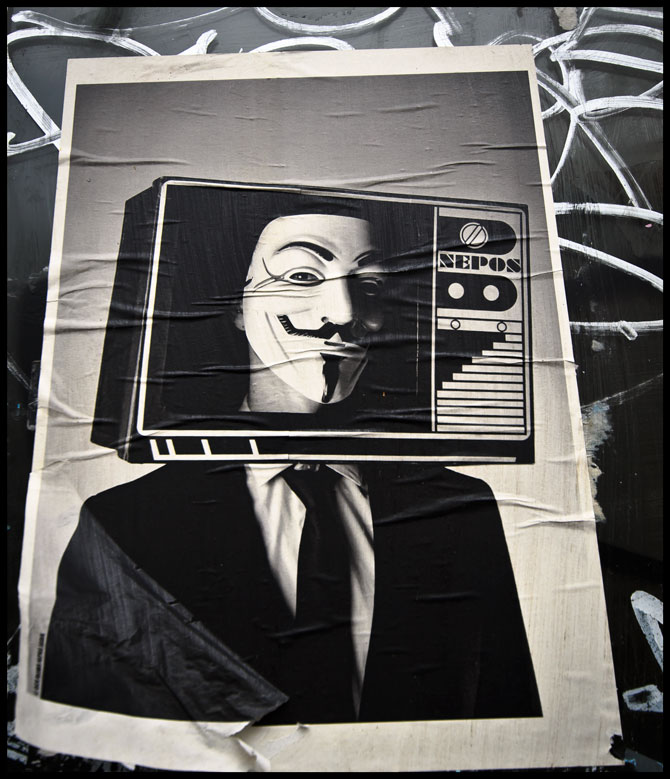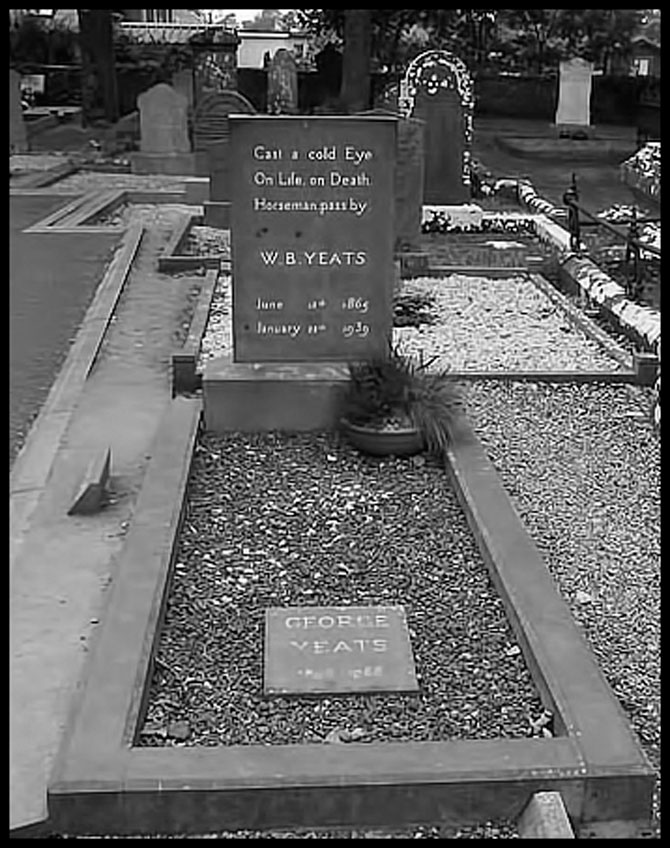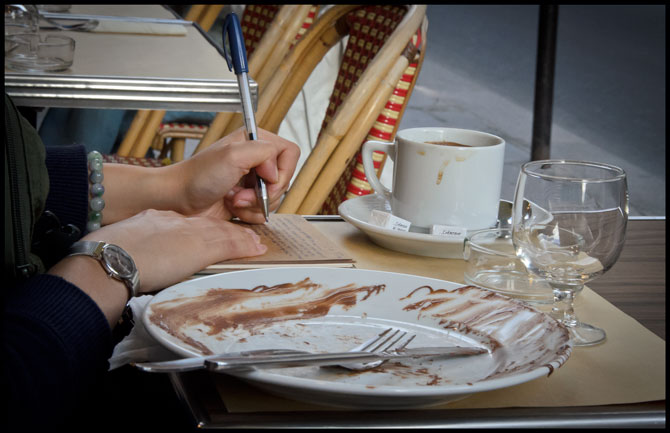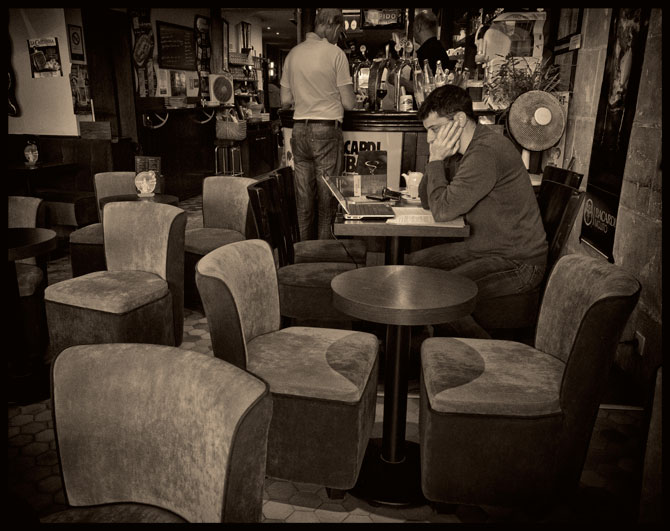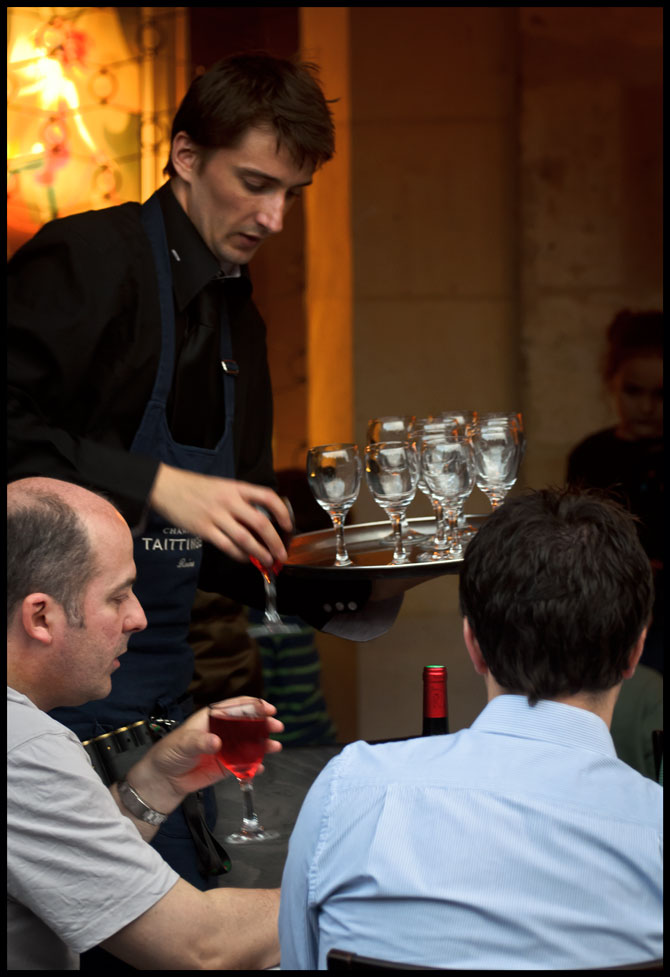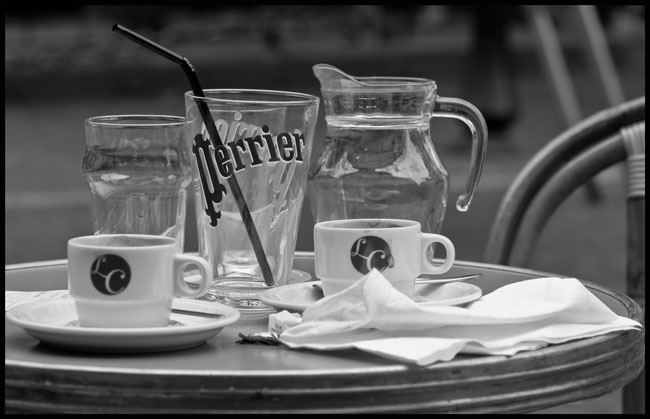Serendiparis
 10.6.2012
10.6.2012

Some days in Paris on our way somewhere, we end up someplace else even more interesting. In fact, it happens a lot, and we've come to think of Paris as akin to the magical land of Serendip.
Case in point, last Saturday. When we left the apartment bright and early and took the #12 Mètro over to the vicinity of the big convention center (Parc des Expositions) on the south border of Paris, we thought we were just going to do research for a post we intend to run in a few weeks on ghastly development threats to Paris.
But our visit to the fifteenth arrondissement dropped us unexpectedly into Protest Ground Zero, the opening day of the Paris Auto Show, and allowed us a look at Paris police practices and how they differ from what we've experienced in the States.

In the three hours we spent there before other appointments we hung out with hundreds of auto workers frightened at the impending loss of as many as eighteen thousand industrial jobs in an already battered French economy, and watched Greenpeace literally hang out in a cat-and-mouse game with the police.
First, Greenpeace: Members of the organization had come to protest against Volkswagen, which was unveiling the latest edition of its Golf, a diesel model which is even lower in exhaust emissions than the much-loved Toyota Prius.
Volkswagen's slogan: Das Car. Greenpeace's slogan: Das Problem.

Why das problem? Because Greenpeace felt it was hypocritical of Volkswagen to release low emission vehicles without full support for low emission standards in Germany. At the same time as it is releasing the Golf, Greenpeace complained, Volkswagen "is at the heart of a group of companies lobbying against new laws which we need to cut CO2 emissions, reduce our oil use, and protect places like the Arctic from climate change."
So Greenpeace picked the Paris Auto Show to make their point in typical, high-profile Greenpeace fashion. They had a cadre of leafleters on the sidewalk, in matching T-shirts with no other identifying labels, so the message was clear and uncluttered.

Then, five stories up on two of the four ziggurat/California Mission-style towers that mark the convention center entrance, two teams of two mountaineers each had ascended to unfurl anti-Volkswagen banners. One banner used the Volkswagen logo as the "o" in C02, and had the slogan "Das Problem." The second banner, in black type on a yellow field, read "Volkswagen Nous Enfume," which translates as "Volkswagen pollutes us," or "Volkswagen we smoke," or "Volkswagen hides its intentions behind a curtain of smoke." Any of these work, French is slippery that way.
One of the unfortunate trends we witnessed in the decade before we moved here was the post-9/11 federalization and militarization of American police forces, and the simultaneous rapid erosion (as reporter Chris Hedges documents) of civil rights and freedom of speech, all in the name of "fighting terrorism," a policy no politician can appear to be against, no matter how broadly the term is stretched. This dismaying non-partisan trend began with the Patriot Act under Bush Two, and has accelerated during the Obama administration.
Local police departments feeding at the Homeland Security trough have bulked up since September 2001 with $34 billion worth of weapons like tanks, drones and heavy assault rifles.
 Statue commemorating Free Speech Movement, Berkeley Marina, California
Statue commemorating Free Speech Movement, Berkeley Marina, California
Unlike the free-range demonstrations we joined and even organized in the SF Bay Area and elsewhere in the late '60s, police now corral protesters at events like political conventions into cyclone-fenced faux-"Free Speech Zones" blocks from any delegate's sight, surrounded by armor-clad Robocop imitators.
In the USA, we would have expected the Greenpeace protest to "require" a cordon of armed riot police pushing citizens away from the convention center while the rest of the force figured out a way to bring the Greenpeace climbers down.

Not so the Paris police. Citizens were free to come and go as they pleased, five floors below the climbers and banners, and the police presence was minuscule, mostly watching as if cheering for their side. Their side brought out its mountaineers, who climbed up through the inside of the first tower, talked to the Greenpeace folks for about twenty minutes, then sent a cop rappelling down to grab the banner and toss it below to waiting plainclothesmen, who hustled it off.


Then the policemen climbed down and headed for the second tower, leaving the Greenpeace mountaineers hanging by their ropes. Elegant, Apollonian French restraint--no arrests, nothing daring or stupid attempted. We presume that the Greenpeace climbers were arrested later when they came down (three climbers were arrested later indoors after they unfurled two "Nous Enfume" banners from the ceiling during the Volkswagen keynote address), but there was no urgent need to pluck them from their perch.

Interlude: Before we get to tower two, enter the autoworkers. These are tough, tough times in France. Official unemployment has risen to 10.2%, and the psychological barrier of three million unemployed was just crossed. Newly elected President François Hollande had no honeymoon, as reporter Eric Pape describes; his approval rating has dropped into the low forties after barely 100 days in office. Much like President Barack Obama, Hollande is dealing with an inherited mess, but the voters are scared and angry, and the blame is on the incumbent.
The French company Peugeot is close to bankruptcy, and another major employer, Ford, keeps announcing more and more job cuts despite threats from the socialist government to levy heavy financial penalties for doing so.

So the autoworkers unions bused in hundreds of demonstrators who rallied outside the building (and later inside), under the watchful eye of perhaps ten bored-looking motorcycle cops. More free speech, no hassles, thank you. The autoworkers even set off red distress flares, and nobody panicked.
Meanwhile, back at Greenpeace tower two, two other mountaineers (one a woman, in case you're keeping score) unfurled a "Nous Enfume" banner. Then, to bring home the point, she lit a smoke bomb that polluted for at least two minutes. Perhaps it was organic smoke.
It was time to leave to make our other appointments, so we didn't see if the same three mountaineering cops made a similar ascent for that banner, but it looked like one was underway.

Then, serendipitously, just as we were leaving, two celebrities showed up directly under the smoking tower. They were unknown to us, but apparently well-known to a score of mostly teenaged autograph seekers who politely mobbed them in an elegant, understated French way.


So, a Paris Play pop quiz. Can any of our French readers (or any other nationality) tell us who these two heartthrobs are? We think he might be a sports star, and she, model or actress or nuclear physicist, or all three. First reader to get it right and post their names in the comments section below wins a Lebanese lunch, on us, at one of our favorite neighborhood hangouts, Comptoir Méditerranée. Serendipity for somebody: start out reading a post, end up with a free lunch.



